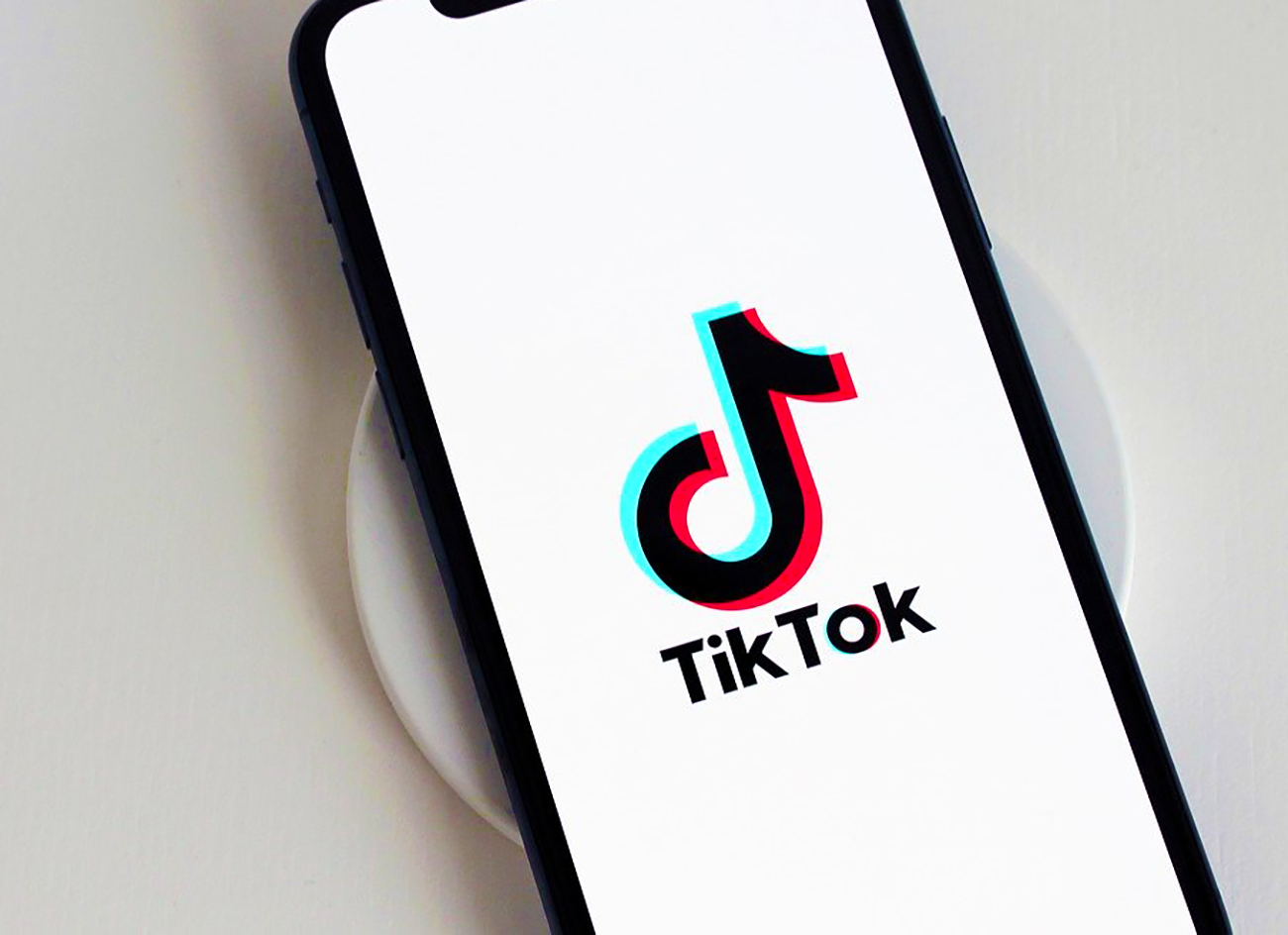The U.S. Secretary Of State Recently Suggesting A Possible Ban Of TikTok Could Undercut A Convenient Discovery Path For Dallas Artists’ Music.
Update on August 6, 2020: Earlier this week, President Donald Trump said TikTok will be “out of business in the Untied States” if its parent company, China-based ByteDance, doesn’t sell it to Microsoft by September 15. Trump also said the U.S. Treasury Department would need to receive a “substantial portion” of the transaction. He said the reasoning behind this is comparable to a landlord-tenant situation. That’s possibly illegal, though.
Update On September 18, 2020: The Trump administration has indeed decided to go ahead with its intentions to ban TikTok from the U.S. market. In a statement released this morning, the Commerce Department announced plans to halt any downloads of both TikTok and the messaging app WeChat on Sunday, September 20. While any use of WeChat will be prohibited immediately, TikTok will be allowed to continue operations through November 12, which is the Trump administration’s stated deadline for a sale of the app to be brokered between current owner ByteDance and interested buyer Oracle.
Original story follows.
*****
You might have heard recent rumblings of TikTok possibly being banned in the United States due to its roots in China.
In an interview with Fox News last week, U.S. Secretary of State Mike Pompeo said the barring of the app is indeed something the Trump administration was considering.
“I don’t want to get out in front of the president, but it’s something we’re looking at,” he said.
Naturally, this has caused some panic among the app’s largely Gen Z user base, but also among the millions of people who have gravitated toward the app as a source of entertainment since the pandemic began.
Critics of the app say its data mining poses threats to cybersecurity. To that end, countries including India have recently banned the app altogether, along with other apps founded in China.
On the other hand, separate findings have shown that TikTok’s data collection is no more invasive than Facebook’s.
Much like its now-defunct predecessor Vine, TikTok has led way to a new generation of memes and recognizable figures, including North Texas’ own “Kombucha Girl”,who found overnight vitality, and “Ok Boomer Girl,” who tested the internet’s valuation of horniness versus cringe.
Perhaps more inconspicuous is the blow that the app’s sudden removal could serve to many up-and-coming musicians, including several names rising out of the Dallas-Fort Worth area as of late, who have been able to ride the app’s popularity as a means to increased recognition.
Already, the app’s omnipresence in our culture has led to commentary on disruption among the music industry standards in the U.S.
Some have even tried to make sense of a formula for concocting a certified TikTok hit.
What the app refers to as its “sounds” (clips of music or audio) has launched the careers of mainstream musicians to date, including Lil Nas X, and even taken some artists to the next level through choreography made by creators on the platform, as has been the case for Doja Cat’s “Say So.”
In between what seems like a new TikTok-famous teenager we’re all expected to know popping up in our timelines every other day, countless young artists are utilizing “challenges” and dances as avenues to new fans.
@tikara_bPlease let Meg see this😭 @jas.alyssa @jessnbuford @theestallion dc:@naenaetwinsofficial ##savageremix ##savageremixchallege ##savage ##dance ##beyonce ##fy♬ original sound – naenaetwinsofficial
What is understated about the potential of sharing music on the platform, though, is the potential boom for a relatively low-effort payoff for artists. The Bobby Sessions-assisted “Savage” by Megan Thee Stallion and its subsequent remix have claimed more than 31 million TikTok video appearances, thanks in large part to the inescapable dance created for the song by a 19-year-old woman from Ohio named Keara Wilson.
Though Dallas rapper/singer Kaash Paige has been on the come-up as of late anyway, her single “Love Songs” has racked up app use in nearly 10 million videos — something the 19-year-old Dallas native has openly marveled at. The song has also garnered its own dance.
Meanwhile, ascending Dallas female rapper Tay Money’s “Bussin’” was featured in a video from the app’s most followed user, Charli D’Amelio, who boasts 70 million followers as of publish.
@charlidamelio♬ Bussin – Tay Money
And and there’s the Dallas rapper 10k.Caash, who has found virality through his dance titled “The Woah” that, along with #thewoahchallenge, has accumulated 34 million tags in TikTok videos.
A song’s TikTok movement doesn’t necessarily translate to streams, however. Artists, famously, don’t really see a lot of money from streams on Spotify and Apple Music, and TikTok’s “sounds” don’t count as streams, either. But it’s the colossal music discovery within the app that fuels an artist’s reach in 2020.
What the number of followers on other social media giants like Facebook and Instagram once meant for clout is now superseded by an exchange rate of popularity on TikTok, especially as TikTok suprasses its competiton as the most downloaded app worldwide. This, in turn, creates a new path for artists like Paige and Sessions to find wider exposure.
None of this is to say artists won’t be successful without the app, should it be removed. But there’s no denying that TikTok has sparked quicker music accessibility in a digital-dominant era of consumption.
Could a total dissolvent of the app in the United States lead to a return of the same antiquated ideas for how to break an artist in the already-struggling music industry?
Maybe.
But if we have to pick our data-farming poison, we’re taking the clever 60-second clips over your uncle’s Facebook playground for tin-foil hat conspiracies any day.
Consider it our problematic fave.

